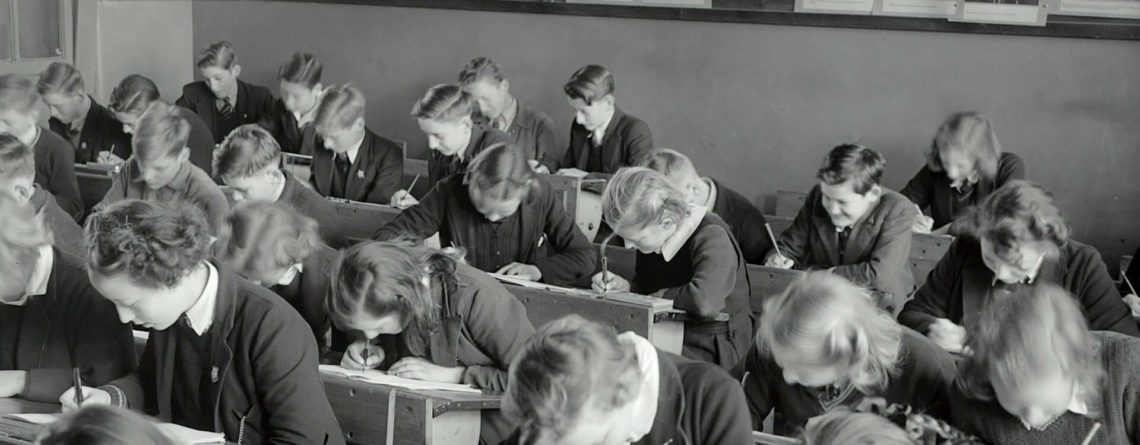How can we make sure all young people get the relationships and sex education they deserve?
Parents are calling on schools to teach the subjects their children need in order to develop healthy relationships and stay safe online.
Laura Russell, FPA’s Policy Manager, tells us the next steps in the fight for comprehensive and inclusive relationships and sex education.
Over the last few years, the campaign for Relationships and Sex Education (RSE) has gained more and more momentum, thanks to the dedication of sexual health, LGBT+ rights and child protection organisations.
Progress in parliament
Mandatory Relationships and Sex Education very nearly became law in the final years of Gordon Brown’s premiership, and in 2015 the campaign kicked off again when the Education Select Committee published a report stating that RSE should be taught by all schools.
Many committees and MPs have stood behind this important change in education, such as the Chairs of the Health, Home Affairs, and Business, Innovation and Skills Committee. In particular, the Women and Equalities Select Committee found that age-appropriate education is necessary to prevent gendered violence, while Sarah Champion MP expressed an urgent need for compulsory relationship education during her National Action Plan to end child abuse.
As a result, the Government announced that relationships and sex education is going to be delivered in all secondary schools, with relationships education (RE) a requirement in primary.
Room for improvement
In their statement, the Department for Education focused on the safeguarding benefits and pointed out that current RSE isn’t fit for purpose as it doesn’t tackle the realties young people face in a digital age (with the last set of guidance for schools written in 2000).
This included recognition that “risks to children” have grown in prevalence in recent years, including online pornography, sexting and staying safe online. As a result now is the right time to address these issues.”
The thing is, until we have some draft guidance from the government, it isn’t entirely clear how schools will be expected to “to address these issues.” However, we will get the chance to work with the Department for Education when they launch their consultation on their plans. When they do, we need to be clear that it isn’t the case that any RSE will do.
Young people deserve holistic education, which addresses relationships and sex in a way that is relevant.
It must work for all
We already know that RSE/RSHE will be taught in primary schools and that no schools (including academies and free schools) will be exempt. But we also need to make sure that RSE is delivered with buy-in from parents, by trained teachers, in regular lessons.
We need to make sure that young people get the chance to voice their views about their RSE and that these are listened to, so that educators can respond to their needs.
It has to work for all pupils, including those with disabilities, and promote attitudes that foster equality for people of all genders and sexualities. RSE must also include medically accurate, evidence-based information, and link to local health services.
Championing sex positivity
Importantly, RSE needs to give a positive view of human sexuality. It’s fantastic that the Department for Education has recognised the safeguarding concerns, but we need to make sure that RSE isn’t about scaremongering about issues such as “online pornography [and] sexting”.
It must provide the knowledge, skills and attitudes that all young people need to have healthy relationships.
So this week, when we’re saying let’s talk about porn’, we want to make sure that when pornography does come up as a topic in RSE with older teenagers, it’s discussed as part of a full, broad programme, including the topics that may arise when considering sexual media, including the risk of STIs, power dynamics in relationships, gender equality and consent.



